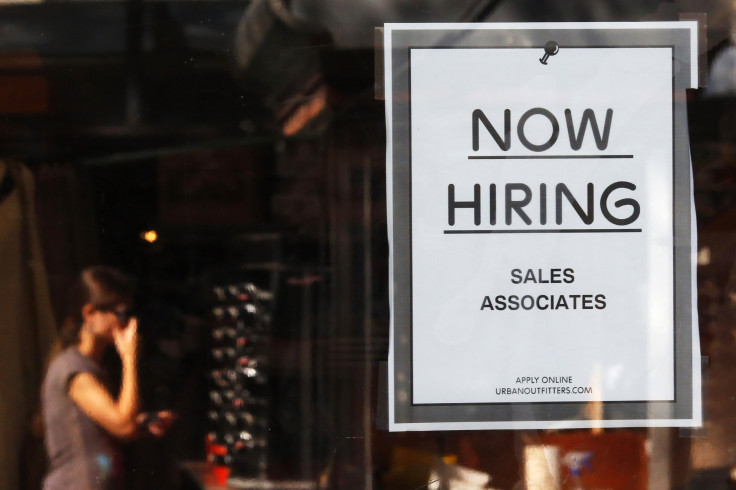Job Market: New Vacancies Rise, Jobless Claims Steady In Signs Of Healthy Hiring Situation

The number of Americans filing for unemployment benefits rose slightly last week, but remained below a level generally considered healthy for an improving labor market.
According to the U.S. Department of Labor’s weekly report released Thursday, 265,000 people filed unemployment claims in the week ending March 12. That’s 7,000 more than the previous week. But as Reuters noted, it marks the 54th straight week that the amount of jobless claims remained below 300,000, a threshold that signals a healthy labor market. It is the longest such stretch since the early 1970s.
The Labor Department also released monthly data Thursday on the number of job openings nationwide, another indicator of labor market strength. In a positive sign, the amount of job vacancies rose to 5.5 million in January, it found, up from 5.28 million in December.
Federal Reserve Chair Janet Yellen has cited the survey, known as the Job Openings and Labor Turnover Survey, or JOLTS, as one of her preferred economic indicators. On Wednesday, the Fed announced it would hold interest rates steady, citing job gains and indicators that pointed to a strengthening labor market.
The private sector saw most of the gains in January. Job vacancies increased in wholesale trade and construction by 74,000 and 61,000, respectively, but declined in educational services and in state and local government. The Labor Department said the number of openings remained at “historically high levels.”
At the same time, however, the number of quits dropped to 2 percent, or 2.8 million, in January, down 284,000 from the previous month. A higher quit rate suggests greater confidence among workers that they can find better work elsewhere. That figure fell in three of the four regions of the U.S. in January, everywhere but the Midwest.
© Copyright IBTimes 2024. All rights reserved.












